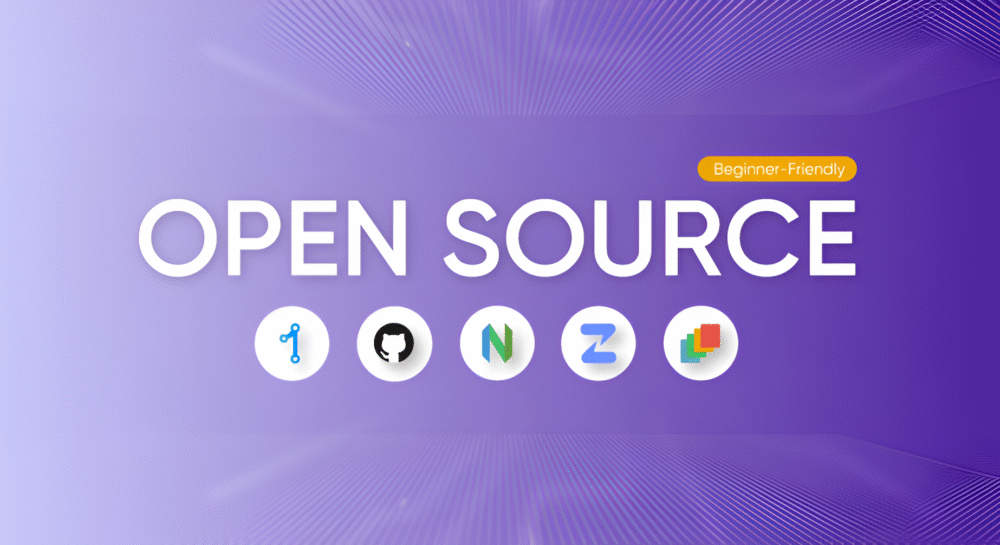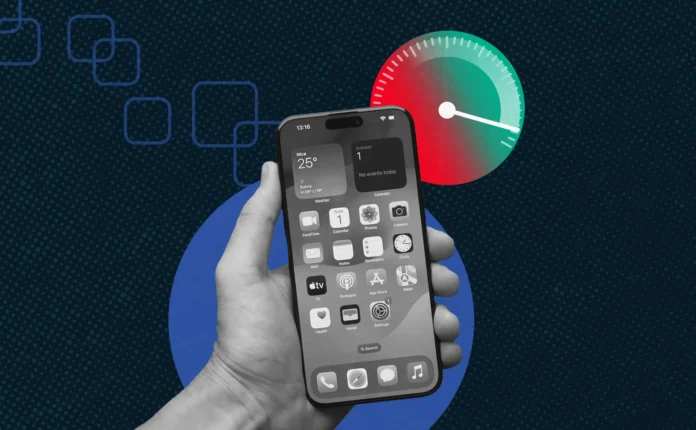Today, in a world dominated by technology, the software that supports everything from your smartphone to the International Space Station is often developed not only by large corporations, but by global communities of developers. These communities are anchored in a transparent, collaborative, and shared ownership culture – the heart of open source.
Open source software (OSS) is ubiquitous. Linux, Android, Firefox, and even parts of Apple and Microsoft’s products all leverage the open source model. However, to not just be an OSS user, but to be a contributor, opens up a world of personal and professional opportunities. This article will explore what open source is, the culture that creates it, and why contributing could be one of the best things you do in your tech career.
Definition of Open Source
Open source fundamentally means software with source code that is available for anyone to inspect, modify and improve. Open source is the opposite of proprietary software, in which code is sheltered and often its modification is locked down. Open source licenses – like MIT, Apache, and GNU General Public License – guarantee the rights to use, change and share the software legally.
Open source is more than code, it is a philosophy and a community-based movement that believes collaboration makes the software better, more secure, and more innovative.
The Culture of Open Source
Open source is fundamentally community-oriented. Projects can be as small as a utility written by one developer or as large as a platform, like Kubernetes or TensorFlow, with thousands of contributors. Regardless of size, all open source projects share customs:
- Transparency: All decisions, discussions, and changes to software code are publicly visible.
- Meritocracy: Contributions are judged by quality and consequential, not by role or company.
- Collaboration: Different ideas from all parts of the world come to gether to solve challenging problems.
This amazing environment offers unparalleled learning experiences. You’re not just writing code, you’re doing code reviews, proposing designs, reporting bugs, and mentoring.
Why You Should Contribute
1. Hone Your Skills
Contributing to open source projects allows you to work on real software projects that often have a level of complexity and scale that a personal project cannot meet. You will gain actual experience with the following:
- Version control systems like Git
- Code review and quality standards
- Issue tracking and bug fixes
- Continuous integration and deployment
- Documentation and test cases
All in all, you get a play ground and training ground in one space.
2. Get Credibility
In a competitive job market, it can be difficult to demonstrate what you can really do. Open source contributions serve as a public portfolio that show not only what you have built, but also the collaboration and growth you experienced. Hiring manager’s and recruiters are often looking there GitHub contributions to see if the candidate shows coding style, practices good communication, and takes initiative.
Your contributions may even lead directly to a job offer. Many developers are hired or freelance contracts are offered based off of their work in an open source contribution.
3. Contribute to the Community
Every software developer benefits from open source software. Whether it is a library, a tool, or even a platform; you’re benefitting from the work of thousands of contributors. Contributing back to open source software is a way of showing appreciation and to keep the ecosystem thriving. Contributing back can be as straightforward as fixing a typo or broken link in documentation.
4. Learn from Others
By working in open source you’re going to be surrounded by passionate people from differing levels of experience. A code review can give rise to a mentoring opportunity. A design discussion could foster new ways of thinking. You will learn practices worth doing not from textbooks, but from real people building systems used by thousands of millions of people.
5. Expand Your Network
The open source community is global and involves connecting and working with developers, designers, writers, and testers from different cultures and industries. The connections made during your time in an open source project could turn into friendships, mentors, or professional networks that last for years.
6. Shape the Software You Use
Do you get frustrated when you find a bug in a tool you love? Are you hoping for a feature that isn’t currently part of your favorite software? When you choose to contribute, you are not just requesting change; you are choosing to help make that change happen in the software! That sense of agency is uniquely empowering.
How to Start
Contributing to open source is not as scary as it seems; there’s room for all contributions at all levels! Below are discreet steps you can take to contribute to open source.
- Find a project: Use resources such as GitHub, GitLab, or CodeTriage to discover projects that suit you.
- Start Small: Find issues marked “good first issue” or “help wanted.” More often than not, those issues will have an adequate amount of detail, so you don’t get stuck trying to figure out how to contribute.
- Read the Documentation: Read the contribution guidelines and code of conduct for the project you want to contribute to. If you respect the contribution guidelines and controls, you will be a good participant in the community.
- Connect with others: Find mailing lists, Discord channels, or forums. Ask questions, and try to help others where you can.
- Make a contribution: This could be a simple typo, changing the documentation, or a small bug fix. The goal is to start contributing and most importantly, learning and building your confidence.
- Keep on it: The more you contribute, the more you will better understand the project and the more trust you will gain from others in the project, perhaps leading to more contributions or even becoming a maintainer!
Beyond code: how else you can contribute
Even if you aren’t a developer, there are still a few amazing ways you can contribute to Open Source:
- Documentation
- Visual design (logos, UI/UX mocks)
- Testing software and/or reporting bugs.
- Translations to help with internationalization
- Educational content
While software development is probably the most visible way of contributing, it is important to realize that there is always a place for every skill in an open source community.
Final thoughts
Open Source is one of the most dynamic, inclusive, and impactful movements happening in technology today. It’s where communities come together, and innovation and passion become its purpose! Whether you are a student, professional, or hobbyist, participation in open source will help you grow your skills, meet great people, and give you the ability to make a difference.
Open Source is more than code, it’s a chance to help create the future too!
So what are you waiting for? Go find your first project, make your first pull request, and give your voice to the global conversation.




vfyrpekirvkntlnpnvteryttlhnihu